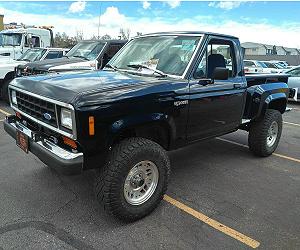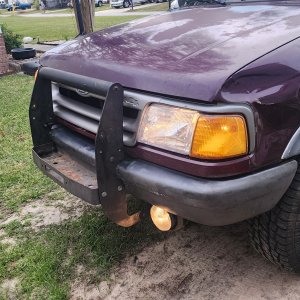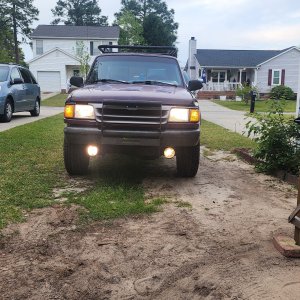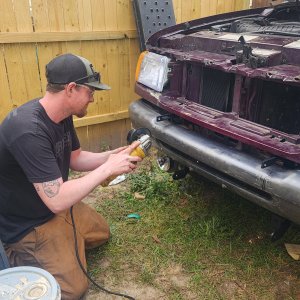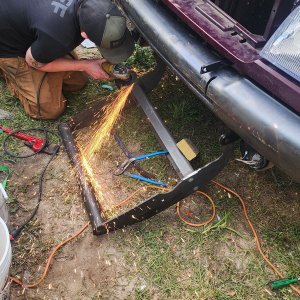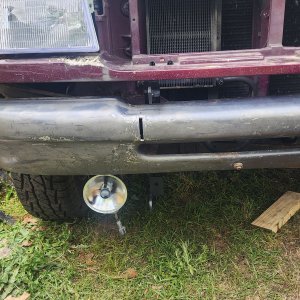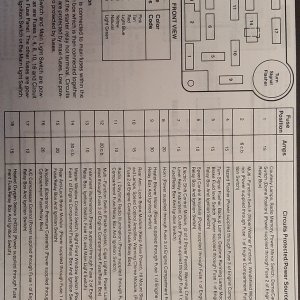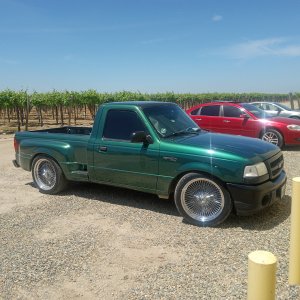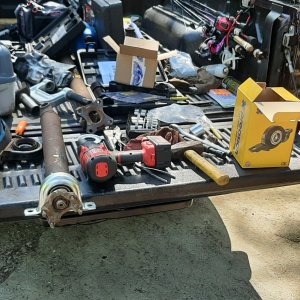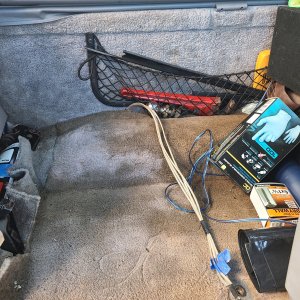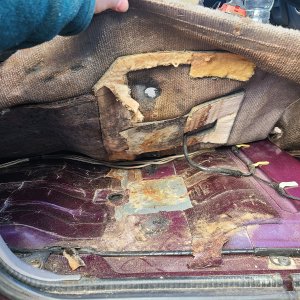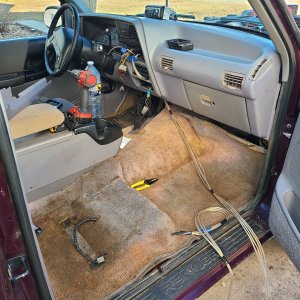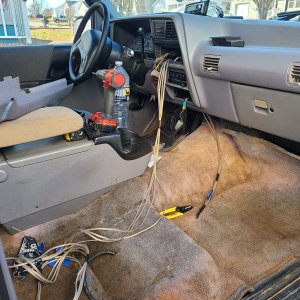rkisling1
New Member
- Joined
- Apr 21, 2015
- Messages
- 3
- Reaction score
- 0
- Points
- 0
- Vehicle Year
- 1995
- Make / Model
- Ford Ranger
- Engine Size
- 2.3L
- Transmission
- Automatic
'95 2.3L Sporadic problem!
Hi all,
First off, thanks to all who supply invaluable information to problems in these forums. I've used a lot of the info and it's been of great help!
I have a 1995 Ford Ranger XL Sport, 2.3L DOHC (150,478 miles) that I can't seem to cure. Background on the truck: In the past 3 months, I've replaced the fuel filter, fuel pump, EGR Valve, entire cooling system, PCV valve, spark plugs and spark plug wires.
My problem started about a month ago when I ran a bottle of Lucas fuel injector cleaner through my engine. Since I've done that, the truck has slowly but surely gone downhill. I've cleared most all of it up with the recent tune up and new parts, but one problem still plagues me.
I commute about 20 miles to work daily, and while I'm on my way to work, the truck does absolutely splendid. In the afternoon however, I make the same drive back home, and when I hit my exit, it starts making a lot of engine noise. It will make a 'winding' sound that increases with acceleration, it will start making belt noises, and if I pull over while this is happening, the top end of the engine where the valves are sounds like it's running without oil.
I'm perplexed as to what this could be, so ANY help would be appreciated.
Hi all,
First off, thanks to all who supply invaluable information to problems in these forums. I've used a lot of the info and it's been of great help!
I have a 1995 Ford Ranger XL Sport, 2.3L DOHC (150,478 miles) that I can't seem to cure. Background on the truck: In the past 3 months, I've replaced the fuel filter, fuel pump, EGR Valve, entire cooling system, PCV valve, spark plugs and spark plug wires.
My problem started about a month ago when I ran a bottle of Lucas fuel injector cleaner through my engine. Since I've done that, the truck has slowly but surely gone downhill. I've cleared most all of it up with the recent tune up and new parts, but one problem still plagues me.
I commute about 20 miles to work daily, and while I'm on my way to work, the truck does absolutely splendid. In the afternoon however, I make the same drive back home, and when I hit my exit, it starts making a lot of engine noise. It will make a 'winding' sound that increases with acceleration, it will start making belt noises, and if I pull over while this is happening, the top end of the engine where the valves are sounds like it's running without oil.
I'm perplexed as to what this could be, so ANY help would be appreciated.
Last edited:

